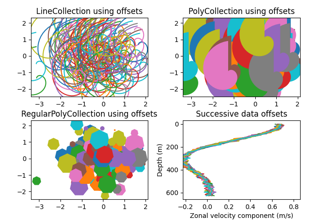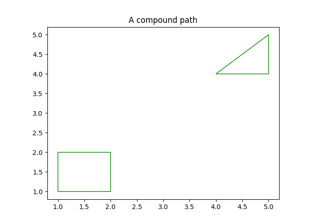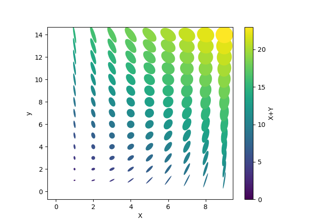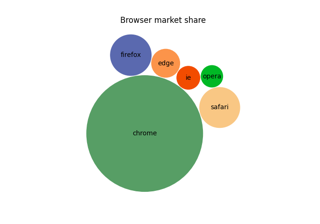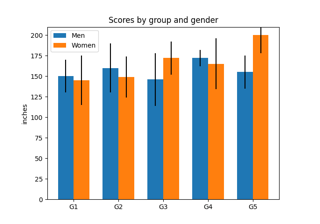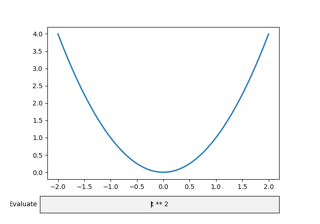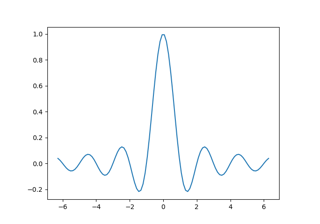matplotlib.axes.Axes.autoscale_view#
- Axes.autoscale_view(tight=None, scalex=True, scaley=True)[source]#
Autoscale the view limits using the data limits.
- Parameters:
- tightbool or None
If True, only expand the axis limits using the margins. Note that unlike for
autoscale,tight=Truedoes not set the margins to zero.If False and
rcParams["axes.autolimit_mode"](default:'data') is 'round_numbers', then after expansion by the margins, further expand the axis limits using the axis major locator.If None (the default), reuse the value set in the previous call to
autoscale_view(the initial value is False, but the default style setsrcParams["axes.autolimit_mode"](default:'data') to 'data', in which case this behaves like True).- scalexbool, default: True
Whether to autoscale the x axis.
- scaleybool, default: True
Whether to autoscale the y axis.
Notes
The autoscaling preserves any preexisting axis direction reversal.
The data limits are not updated automatically when artist data are changed after the artist has been added to an Axes instance. In that case, use
matplotlib.axes.Axes.relim()prior to calling autoscale_view.If the views of the Axes are fixed, e.g. via
set_xlim, they will not be changed by autoscale_view(). Seematplotlib.axes.Axes.autoscale()for an alternative.
Examples using matplotlib.axes.Axes.autoscale_view#
Line, Poly and RegularPoly Collection with autoscaling
